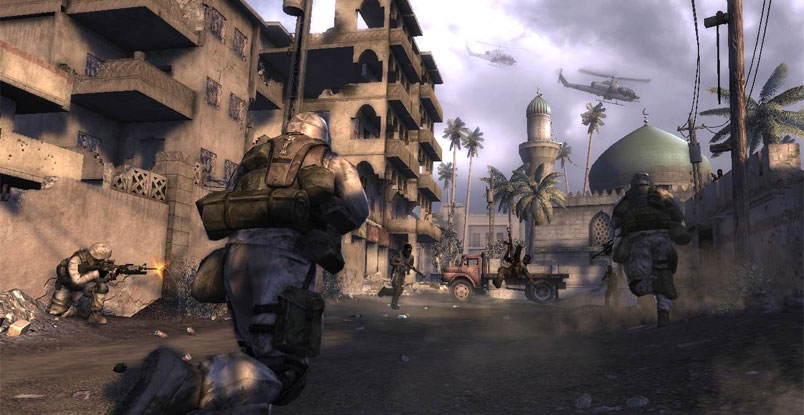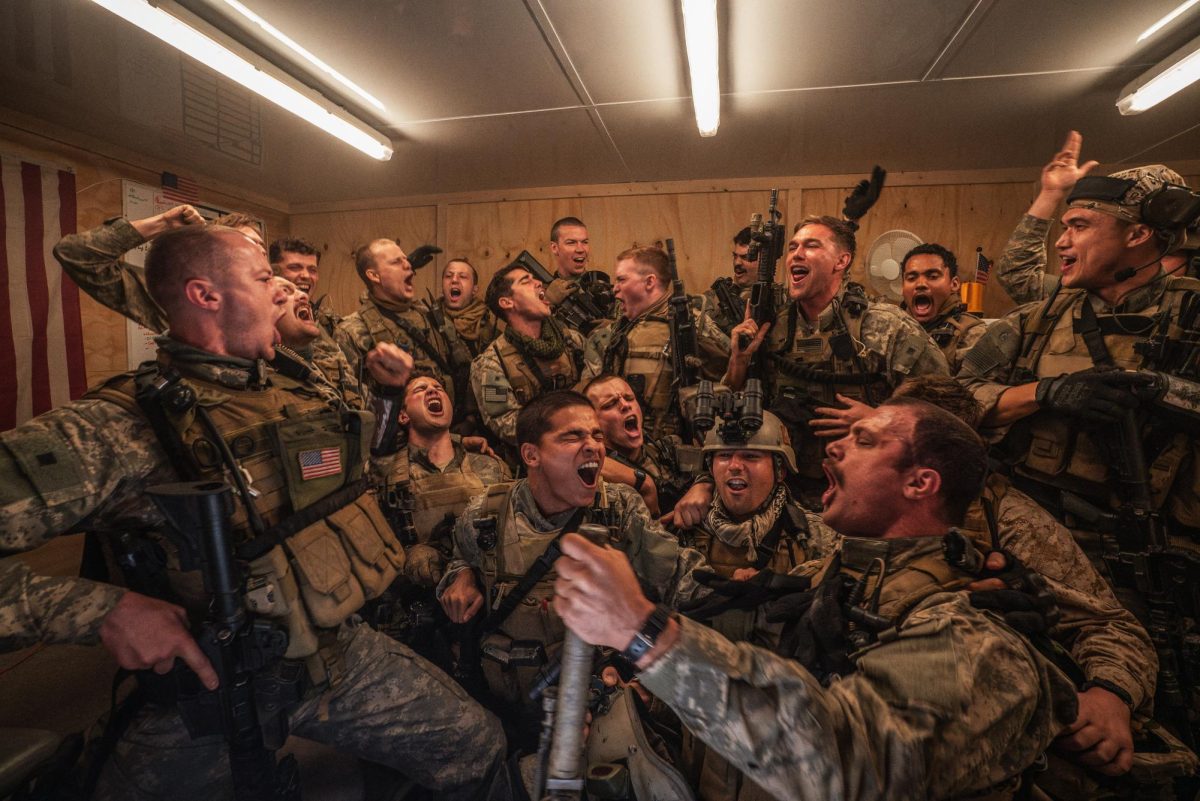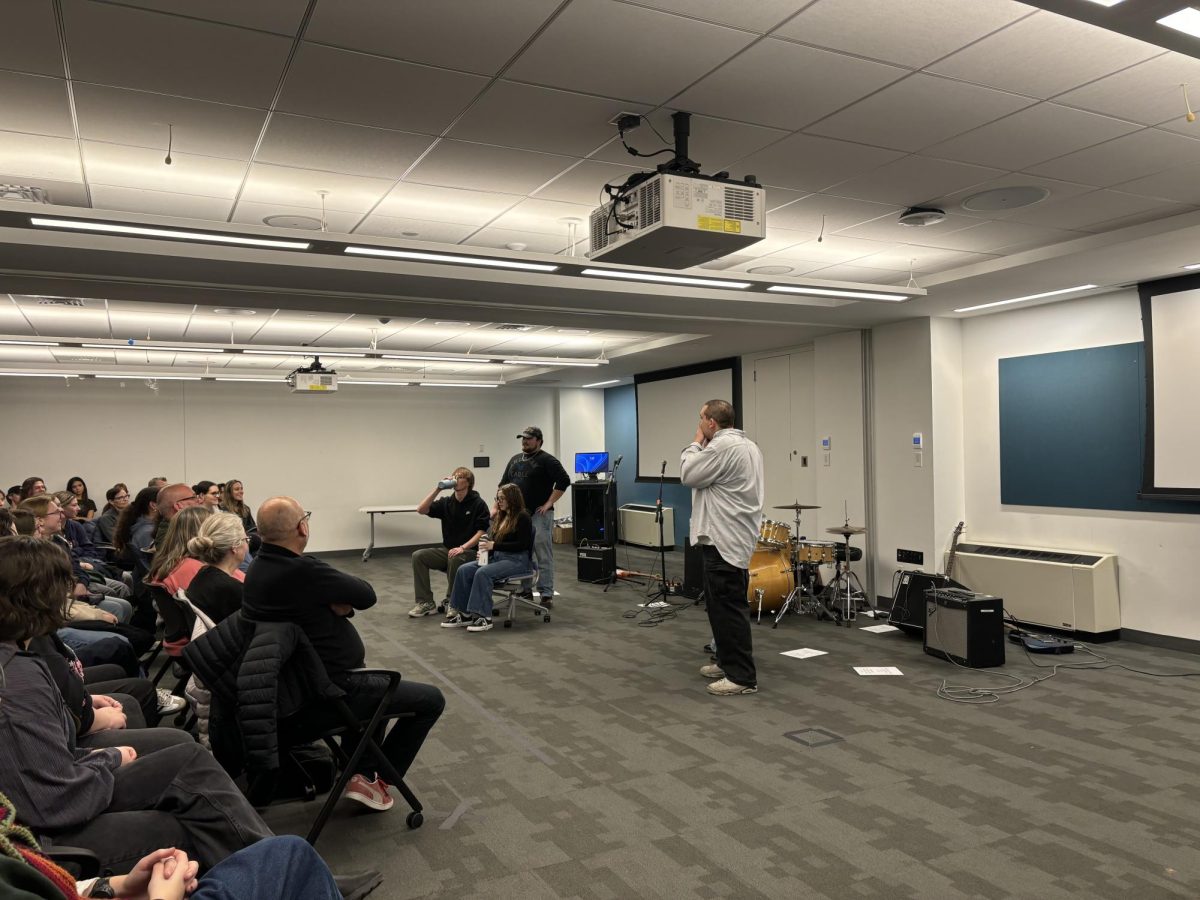Brian Holak
Journal Staff
Call of Duty: Modern Warfare 3 exploded onto the market last week, selling 6.5 million copies within the first 24 hours of its release.
War-oriented video games like this, including the recently-released Battlefield 3, continue to capture the interest of consumers. While Nina Huntemann, Communications Professor at Suffolk, who studies the signifigance of video games in communication, recognizes the appeal, she is concerned, in many ways, about the nature of these games.
“War pervades our culture—it affects us all,” Huntemann said. “The games give us the opportunity to safely explore a limited aspect of what war is, in a passive, cathartic way.”
It’s no surprise, then, that video game developers are pushing to release more warfare games. With this “new sense of fear, anxiety, and vulnerability” that came with 9/11 and the War on Terror, the games allow consumers not only to experience an adrenaline rush, but also embrace their curiosity and obtain a sense of security: all without having to leave the house.
Huntemann makes it clear, however, that she is not vilifying game developers by saying they are taking advantage of our nations wars and the anxiety that goes along with them. The reality is more strategic than immoral.
“They are cashing in on what they think will sell, not war itself…but how they choose to tell the story and what they emphasize is in the control of developers,” she said.
Indeed, the developers are well aware of what will sell. That is why they’ve upped the ante on most recent games—more explosions, more weapons, more hostile environments, and, most importantly, more death. But somehow, there is less meaning to it all.
“Now, [the games] are sensational, technology-driven experiences with very little consequence shown for the loss of human life,” Huntemann says. “Part of the problem is the lack of sophistication—it is still a relatively new medium. They struggle to balance being a film and being a game.”
So what will the future of video gaming look like? Huntemann hopes it will go beyond explosions and sensationalism. She thinks they will “get closer to evoking the emotion of film,” and cites the exciting and tragic Metal Gear Solid 4 as a step in the right direction.
“I want everyone to embrace the fact that video games can make you feel,” she says. “They obviously have an effect. I invest time and money, and I want to invest more emotion.”
Think twice before telling Huntemann, “it’s just a game.” That statement is one of her biggest pet-peeves. She wants us to accept that, whether we recognize it or not, video games have a significant influence on our society.














